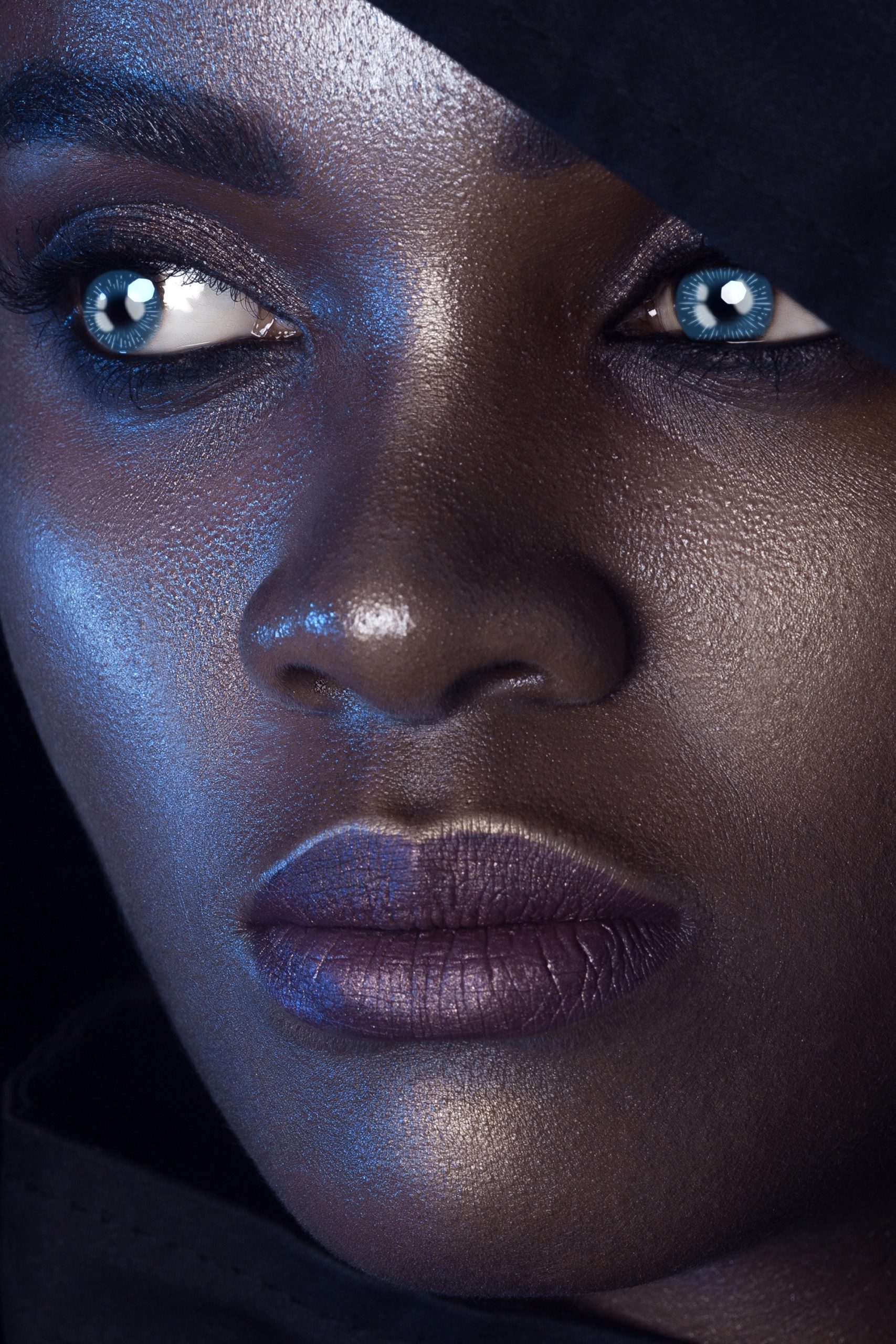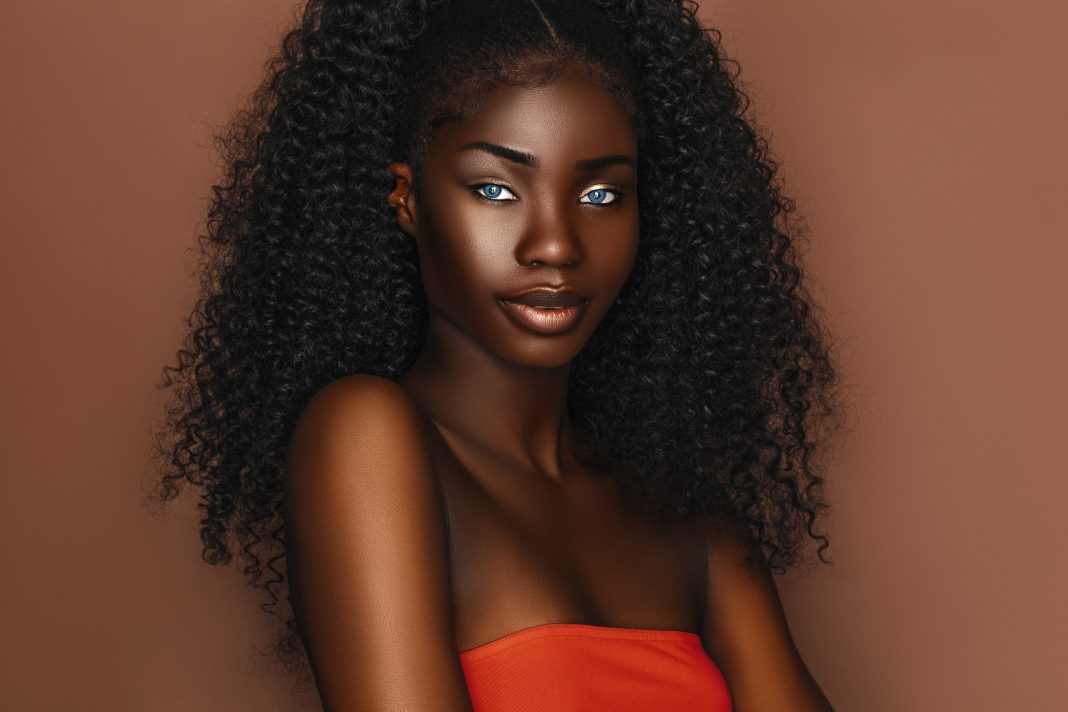Colored contact lenses have become increasingly popular over the years. These lenses come in different colors and can be worn for a variety of reasons, such as to enhance one’s natural eye color or to create a different look altogether. However, some people have raised concerns about the use of colored contact lenses, questioning whether it amounts to self-hate. In this article, we will explore the idea of self-hate in relation to colored contact lenses and try to understand whether or not it is an accurate representation.
What is Self-Hate?
Before we dive into the topic at hand, it is important to define what self-hate is. Self-hate refers to an intense dislike or hatred of oneself. It is a feeling of worthlessness and can stem from a variety of reasons, including a negative body image, past trauma, or low self-esteem. Self-hate can manifest in different ways, such as self-sabotage, self-harm, or negative self-talk. It can also lead to mental health issues like depression and anxiety.
Colored Contact Lenses: A Brief Overview
Colored contact lenses are a type of contact lens that are designed to change the color of the wearer’s eyes. These lenses come in a variety of colors, including blue, green, hazel, and brown. They can also come in different shades and patterns, such as two-tone or three-tone lenses. Some colored contact lenses are designed to mimic the natural look of the iris, while others are designed to create a more dramatic or exotic look.
Reasons for Wearing Colored Contact Lenses
People wear colored contact lenses for a variety of reasons. Some people wear them to enhance their natural eye color or to create a different look altogether. For example, someone with brown eyes may want to try blue contact lenses to see how they look. Others wear colored contact lenses as part of a costume or for special occasions, such as Halloween or a themed party.
Another reason people wear colored contact lenses is for cosmetic purposes. Some people may feel more confident or attractive with a different eye color. For example, someone with blue eyes may want to try green contact lenses to switch up their look. There is nothing inherently wrong with wanting to change one’s appearance, as long as it is done in a healthy and safe manner.

Is Wearing Colored Contact Lenses Self-Hate?
The idea that wearing colored contact lenses is a form of self-hate stems from the belief that it is an attempt to change one’s natural appearance in order to conform to Western beauty standards. The argument is that people who wear colored contact lenses are trying to look more like the dominant culture and are rejecting their own cultural identity in the process.
While there may be some truth to this argument, it is not always the case. People wear colored contact lenses for a variety of reasons, and it is not fair to assume that everyone who wears them is doing so out of self-hate. Additionally, the idea that there is a single, monolithic “Western beauty standard” is problematic. Beauty standards vary across cultures and are influenced by a variety of factors, such as history, geography, and social norms.
Furthermore, the argument that wearing colored contact lenses is a form of self-hate ignores the fact that people have agency over their own bodies. People should be able to make decisions about their appearance without fear of judgment or criticism. It is important to remember that there is no “right” or “wrong” way to look, and that everyone has the right to express themselves in the way that they see fit.
Risks of Wearing Colored Contact Lenses
While wearing colored contact lenses is generally safe, there are some risks associated with them. For example, improperly fitted contact lenses can cause discomfort, irritation, and even infection. It is important to get a proper fitting and prescription from an eye care professional in order to minimize these risks. Additionally, it is important to follow proper hygiene practices when handling and wearing contact lenses, such as washing hands before insertion and removal and disinfecting the lenses regularly.
Another risk associated with colored contact lenses is the potential for damage to the eyes. This can occur if the lenses are worn for too long or if they are not properly cleaned and cared for. In some cases, the pigments used in colored contact lenses can also cause irritation or an allergic reaction.
It is important to note that these risks are not specific to colored contact lenses and apply to all contact lenses. Proper care and handling of contact lenses is essential in order to prevent any potential harm to the eyes.
In conclusion, wearing colored contact lenses is not necessarily a form of self-hate. People wear them for a variety of reasons, and it is not fair to assume that everyone who wears them is doing so out of a desire to conform to Western beauty standards. While there are some risks associated with wearing contact lenses, these risks can be minimized by proper care and handling of the lenses.
Ultimately, the decision to wear colored contact lenses should be a personal one, and people should be able to make decisions about their appearance without fear of judgment or criticism. It is important to remember that there is no “right” or “wrong” way to look, and that everyone has the right to express themselves in the way that they see fit.

